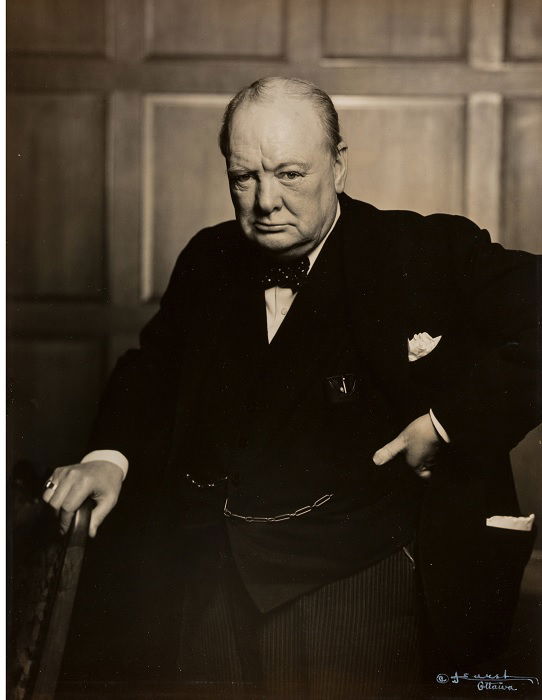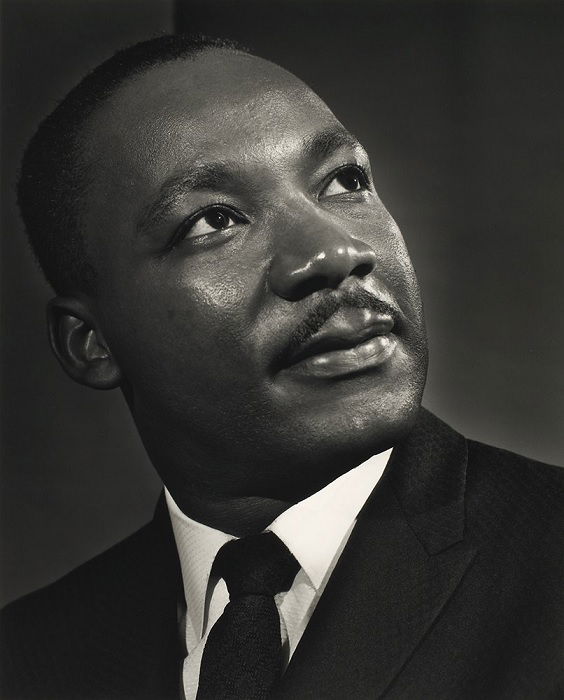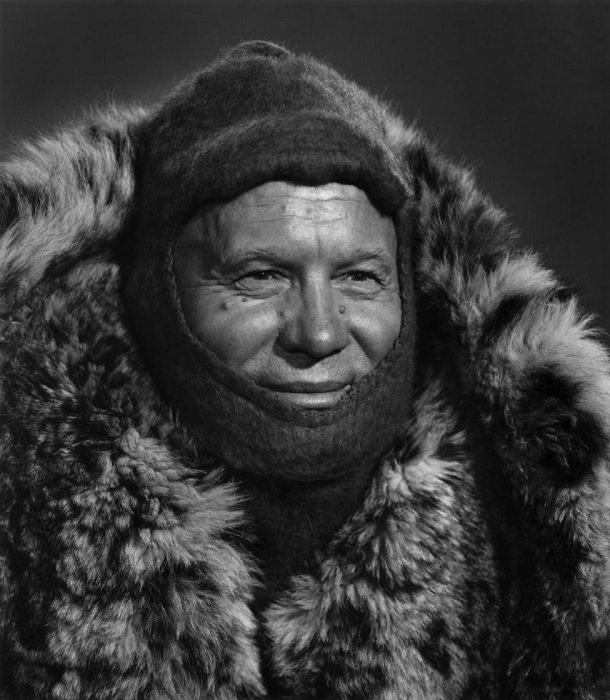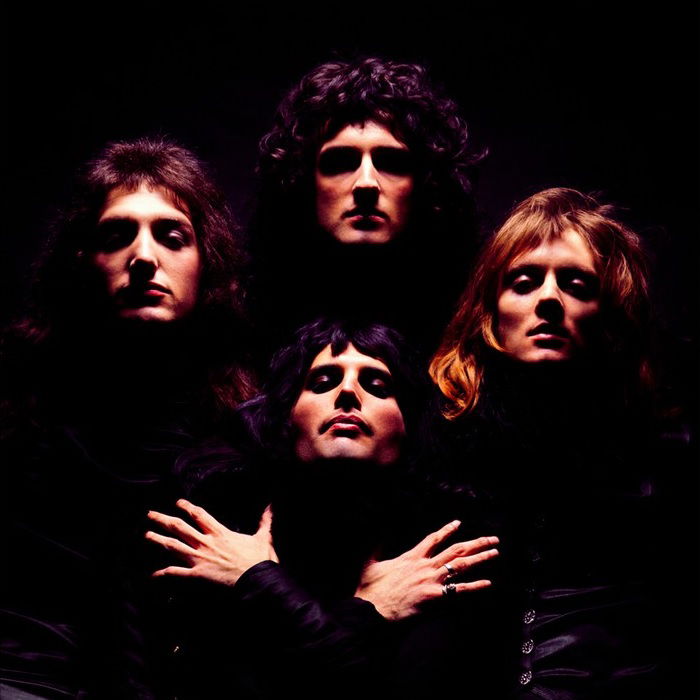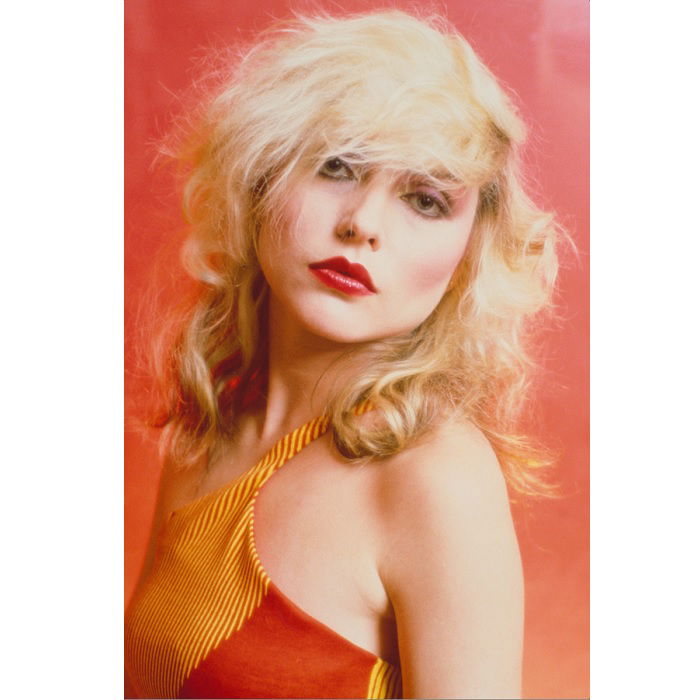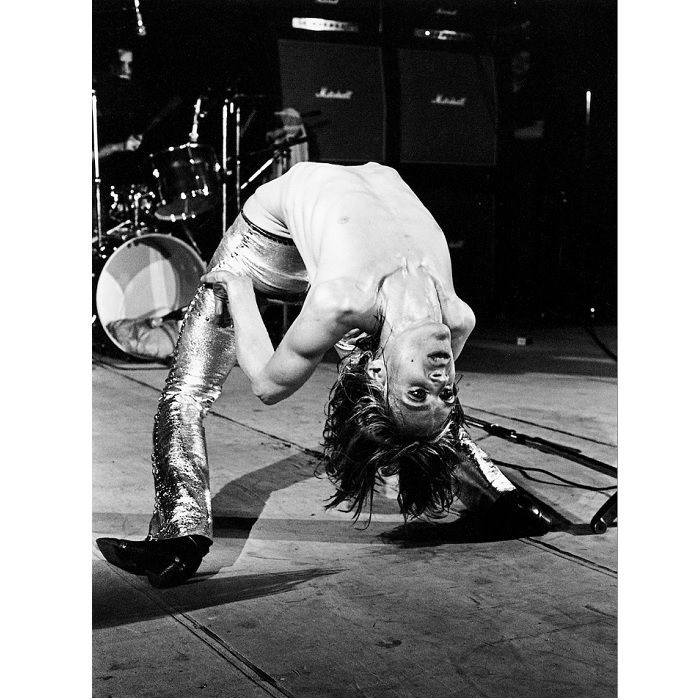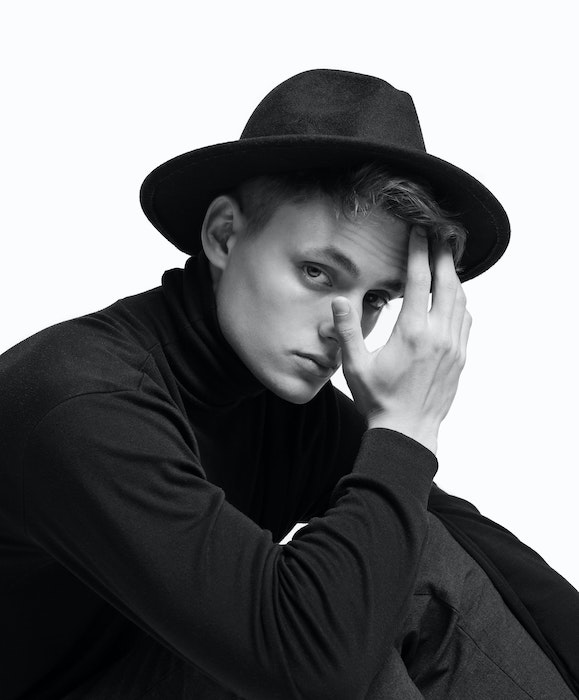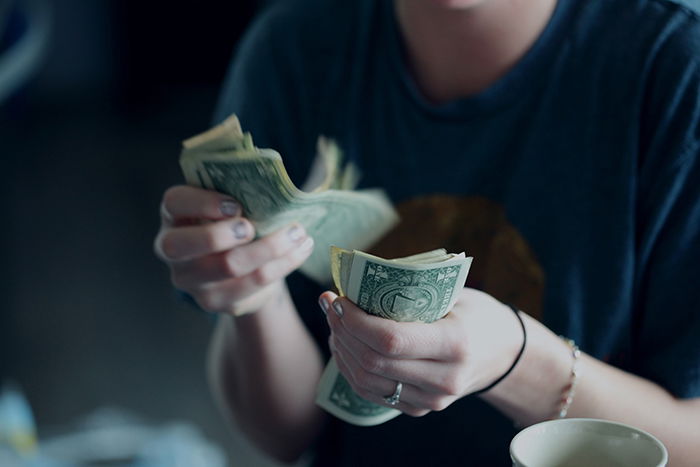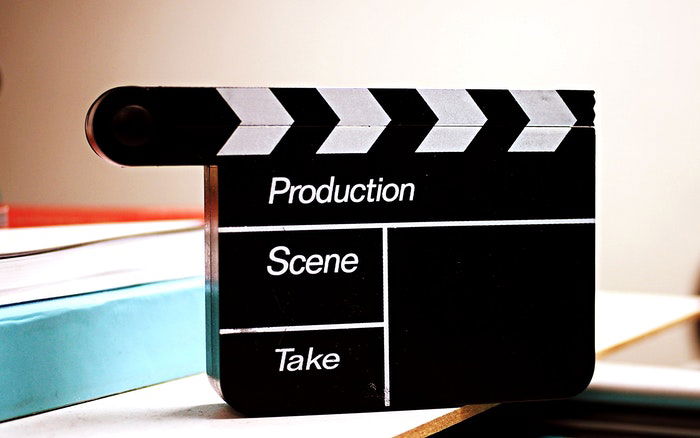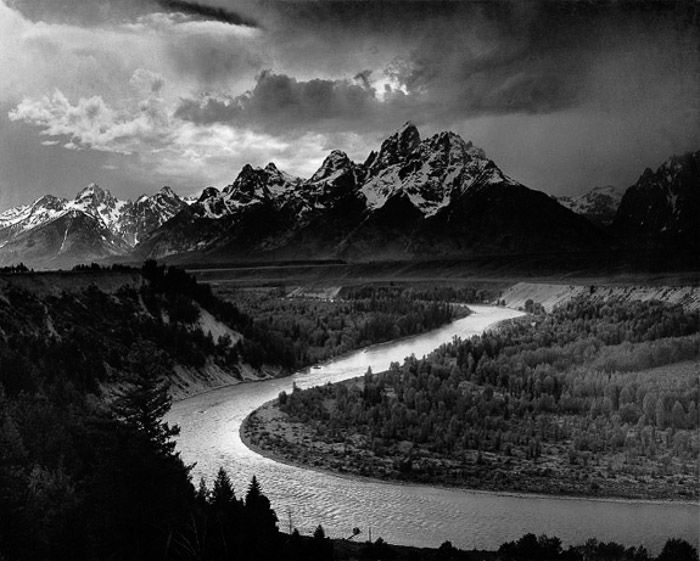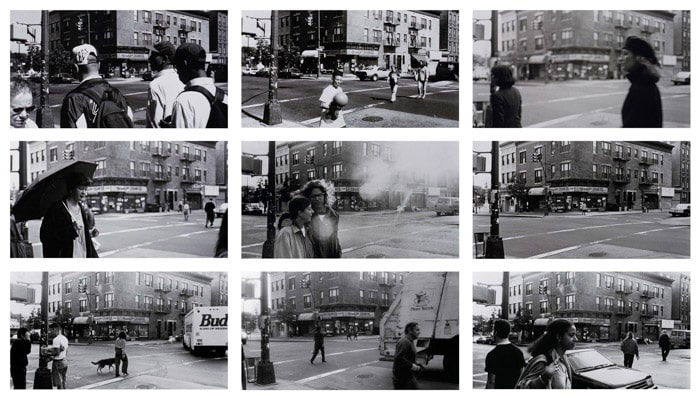29 Most Famous Photographers You Need to Know (2026 Update)
We’ve put together a list of some of the most famous photographers this world has ever seen. Most of the photographers on our list have left our mortal plane. Yet their images, messages, and creativity live on. We can all take something away from their careers and work.
When starting out as a photographer, you may find yourself in a creative rut. It can be difficult to find inspiration for photography themes. This is where the masters of photography can help you.
29 Most Famous Photographers You Need to Know
Here are 29 famous photographers we wanted to highlight.
1. Cindy Sherman
Cindy Sherman is an American conceptual artist. She is one of the most influential artists in the modern age of photography. This makes sense… because she has two images on the list of “The Top 10 Most Expensive Photographs in the World.”
Her photography explores contemporary identity and the nature of representation. These are drawn from the unlimited supply of images from TV, magazines, the internet, and art history.
She places herself in her own work and uses a range of disguises and personas. They were disturbing, distasteful, and sometimes amusing. And she’s not just a photographer. She’s also a model, hairdresser, stylist, and makeup artist.
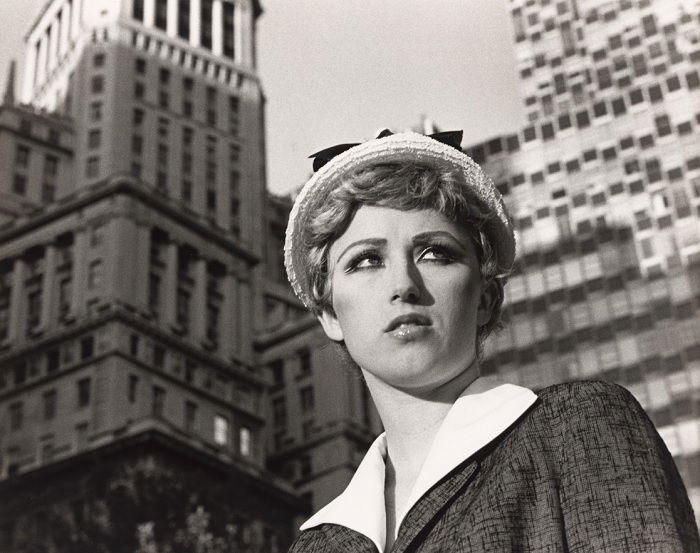
Film Still #21 © Cindy Sherman
2. Ansel Adams
Ansel Easton Adams was an American photographer and environmentalist. He often used a large format camera. And he is best known for his black-and-white landscape photographs of the American West—especially Yosemite National Park.
His landscapes made such an impression, he has an area of the Californian wilderness named after him.
Ansel and a colleague developed the “zone system.” It was a proper way to expose an image and help adjust the contrast of the final print. He was an original founder of Group f/64. He created the group with fellow photographers Willard Van Dyke and Edward Weston.
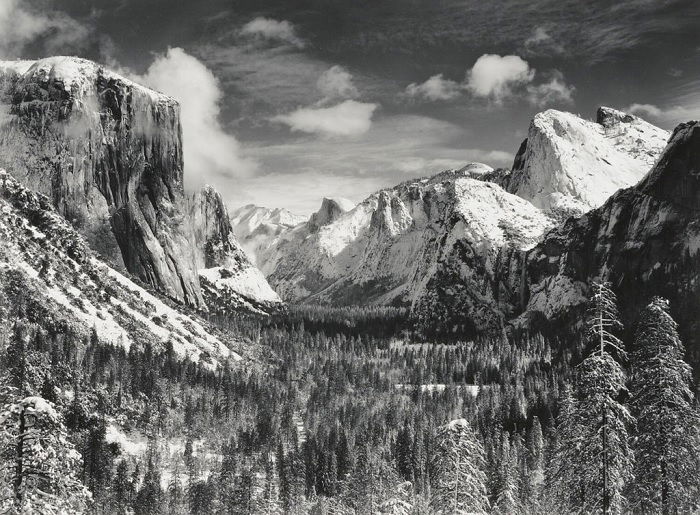
© Ansel Adams
3. Yousuf Karsh
Yousuf Karsh was one of the most important portrait photographers of the 20th Century. His formal, precision style of portraiture has inspired thousands of portrait photographers who came after.
Karsh captured portraits of some of the most influential people of the 1900s. His portrait of Winston Churchill when he was Britain’s wartime prime minister was his first major breakthrough. After that, he took the photo of figures such as Nikita Khrushchev, Martin Luther King Jr, and Albert Einstein.
4. Robert Frank
There was never a more prolific photographer than Robert Frank. From 1941, he worked as a commercial photographer in Zurich, Basel, and Geneva.
In 1947, he found a job as a fashion photographer in the US. He used a 35mm Leica that was unconventional at the time. Between 1950 and 1959, he turned his attention to street photography and photojournalism.
This is when he became most famous. The Guggenheim Fellowship allowed him to travel the country. And that resulted in his most famous work—The Americans.
He worked closely with Walker Evans. And Robert Frank became one of the world’s most famous street photographers. He completed his visuals with text written straight onto the negatives and prints.
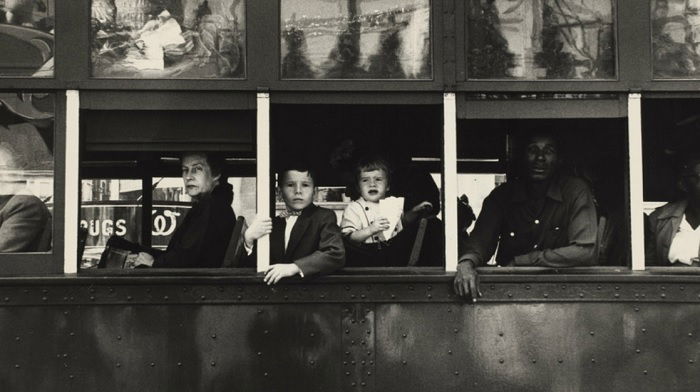
© Robert Frank
5. Annie Leibovitz
Annie Leibovitz is a portrait photographer from the US. She became the first woman to have an exhibition at Washington’s National Portrait Gallery, and her work has been featured on many magazine and album covers.
She photographed John Lennon on the day of his assassination. And when she says she wants to photograph someone, what she really means is that she’d like to get to know them. Her unique style sets her images apart from every other portrait photographer.
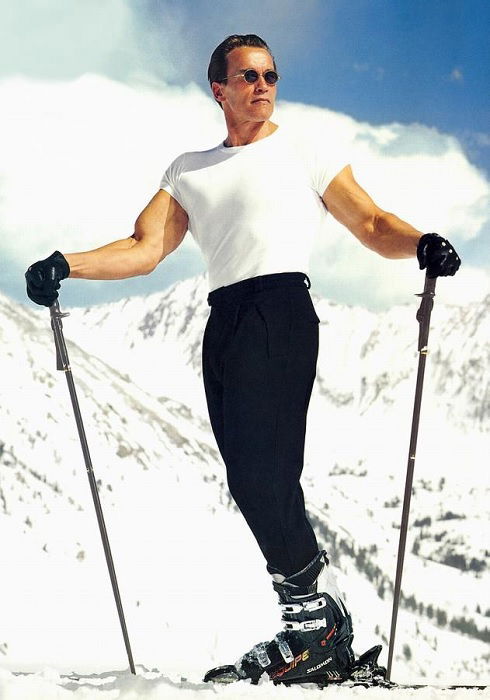
Arnold Schwarzenegger © Annie Leibovitz
6. Henri Cartier-Bresson
Henri Cartier-Bresson was a French humanist photographer. He is referred to as the master of candid photography. He was an early user of 35mm film, whereas most others used large or medium format cameras.
His view on photography produced a book. He describes the decisive moment by saying “…elements of people in a real-life scene spontaneously and briefly come together in perfect resonance.”
This incredible photographer was a pioneer in street photography. And he captured powerful moments.
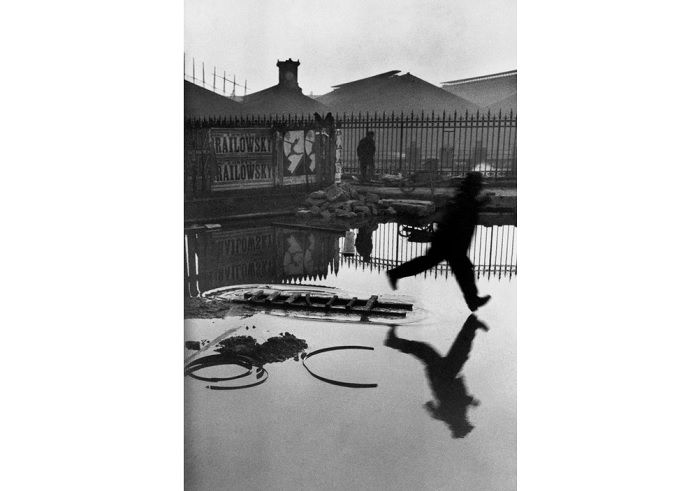
© Henri Carter-Bresson
7. Richard Avedon
Richard Avedon was a fashion and portrait photographer from the US. His fashion and portrait photographs have helped define America’s image—the style, beauty, and culture—for the last half-century.
He started as a photographer for Harper’s Bazaar. That helped him fund his studio, starting in 1946. There, he produced images for Vogue and Life magazines.
Avedon was always interested in portraiture and how it captures the personality and soul of its subject. He became more and more famous. And he started to photograph many notable people in his studio. He did this with an 8 x 10 large format camera.
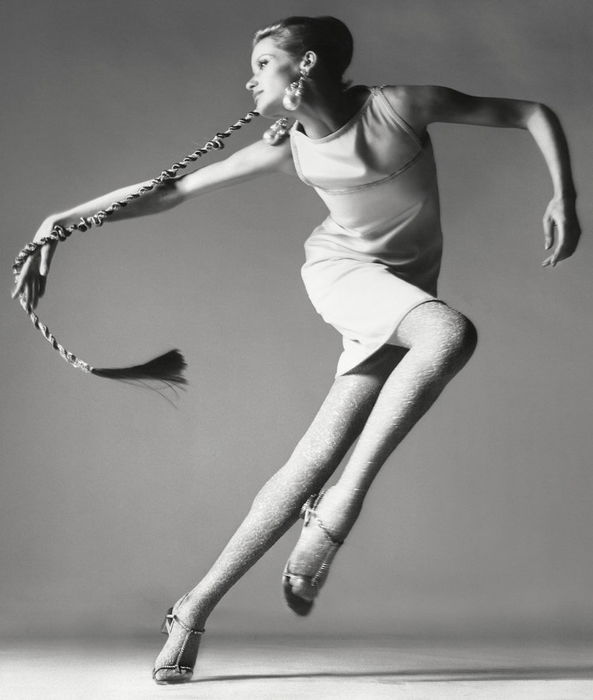
© Richard Avedon
8. Eliot Porter
Eliot Furness Porter was an American photographer famous for his colorful nature photos. He started photographing birds and landscapes with a Kodak box camera as a child.
Porter got a Leica camera in 1930. In 1933, he was inspired by the photographs of Ansel Adams. And Ansel Adams encouraged him to work with a large format camera.
Porter did so after meeting Alfred Stieglitz. And Stieglitz exhibited Porter’s work—called An American Place—at an art gallery in New York City in 1939.
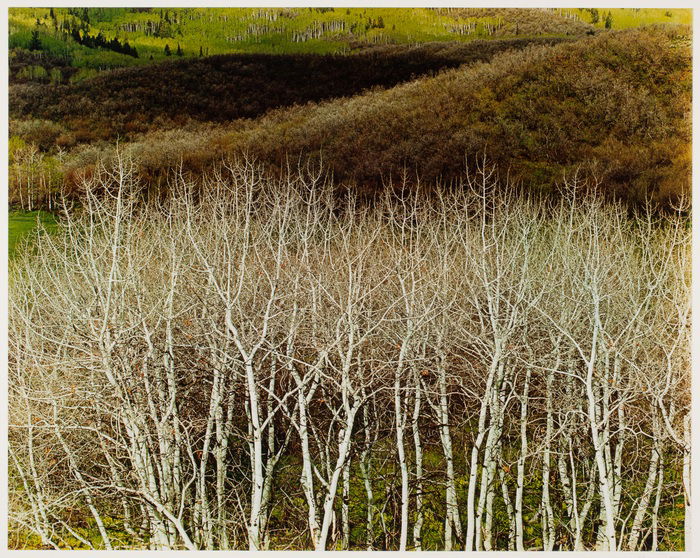
© Eliot Porter
9. Imogen Cunningham
Imogen Cunningham was a famous photographer from the US. She is known for her botanical photography, industrial landscapes, and nude art. Cunningham was also a member of the California-based Group f/64.
Cunningham's early work consisted of soft focus and blurred imagery. These gave mystery to her photographed figures. Then she began experimenting with sharper, crisper images. And Cunningham began to create a style known as sharp-focus photography.
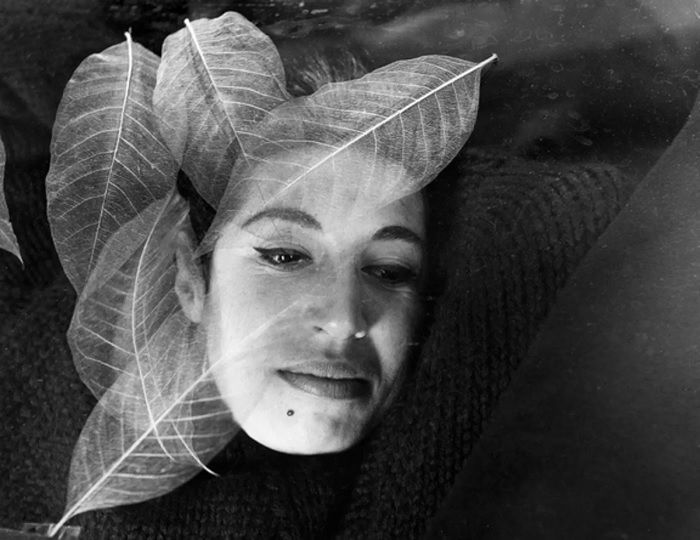
© Imogen Cunningham
10. David Bailey
David Bailey is an English portrait and fashion photographer. He was determined to become a photographer and bought his first camera in 1957. That Rolleiflex soon became a Canon rangefinder.
He started off assisting David Ollins, and then John French. But his poor school attendance stopped his dream of going to the London School of Fashion. Bailey helped create and photograph the “swinging sixties.” It was a culture of fashion and celebrity chic.
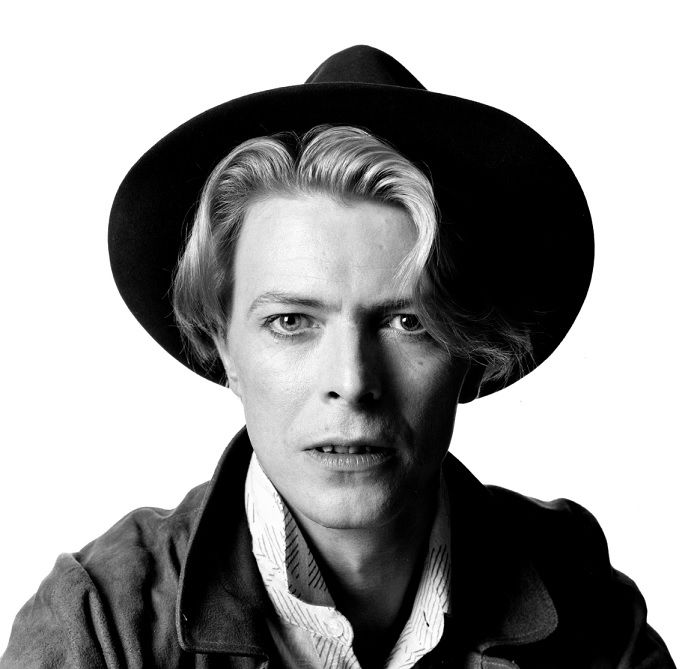
David Bowie © David Bailey
11. Frans Lanting
Frans Lanting is a Dutch photographer specializing in wildlife photography. He operates a studio, gallery, and stock photography service in Santa Cruz, California.
Lanting works in many different parts of the world. Locations include the Amazon basin, Africa, and Antarctica. His famous photographs regularly appear in National Geographic, where he served as photographer-in-residence.
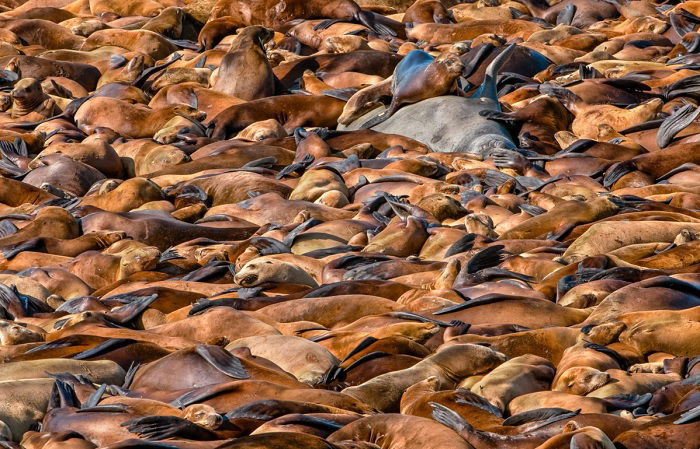
© Frans Lanting
12. Paul Strand
Paul Strand was an American photographer. He helped establish photography as an art form in the 20th century. His diverse work spanned six decades.
Strand covered many genres and subjects throughout the Americas, Europe, and Africa. And Alfred Stieglitz influenced his modernistic approach.
Strand learned how to capture urban bustle, formal abstractions, and street portraits. He even worked with renowned documentary photographer Lewis Hine.
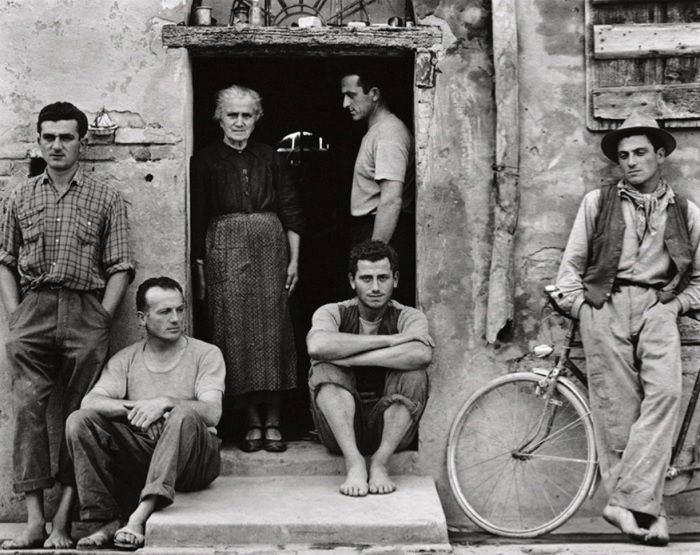
The Family, Luzzara © Paul Strand
13. Weegee
Born Arthur Fellig, Weegee was a famous photographer and photojournalist. His black-and-white street photography made him well-known. He worked in Manhattan as a press photographer during the 1930s and 1940s, where he developed his signature style.
He followed the city’s emergency services and documented their activity. Much of his work depicted uncensored and realistic scenes. These included urban life, crime, injury, and death.
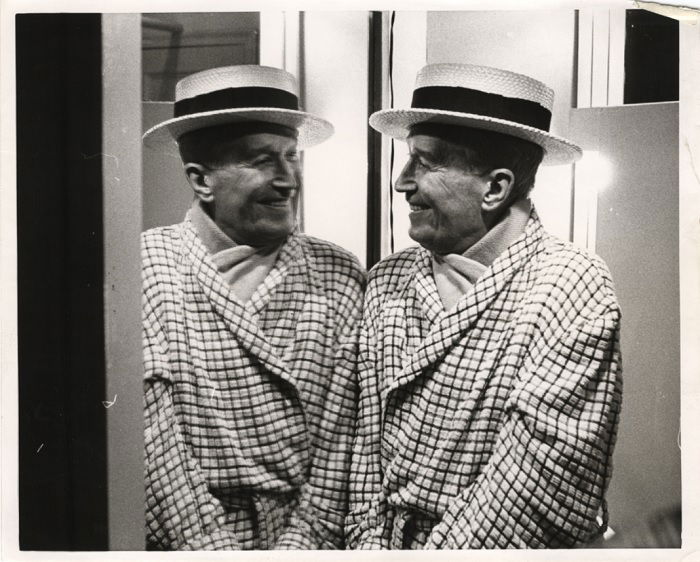
14. Steve McCurry
Steve McCurry is an American photographer and photojournalist. His most famous photograph is the Afghan Girl. The picture of the green-eyed girl was on the cover of National Geographic magazine.
McCurry has completed several assignments for National Geographic. And he has been a member of Magnum since 1986.
McCurry has also received several awards:
- Magazine Photographer of the Year
- The Royal Photographic Society’s Centenary Medal
- Two first-place prizes in the World Press Photo contest (1985 and 1992)
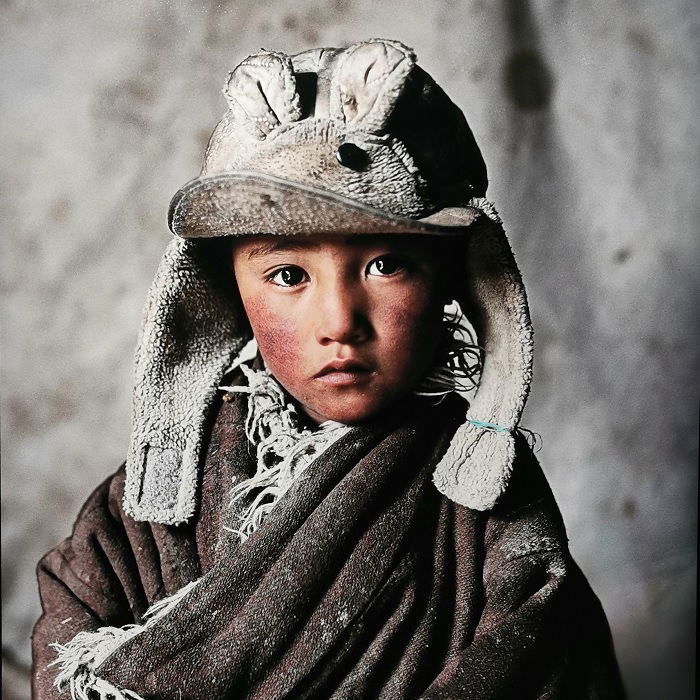
© Steve McCurry
15. Man Ray
Man Ray was an American visual artist. He spent most of his career in France. Ray contributed to the Dada and Surrealist movements. And he considered himself a painter.
But he was best known for his fashion and portrait photography. Man Ray was also famous for his photograms. He called them “rayographs,” referring to himself.
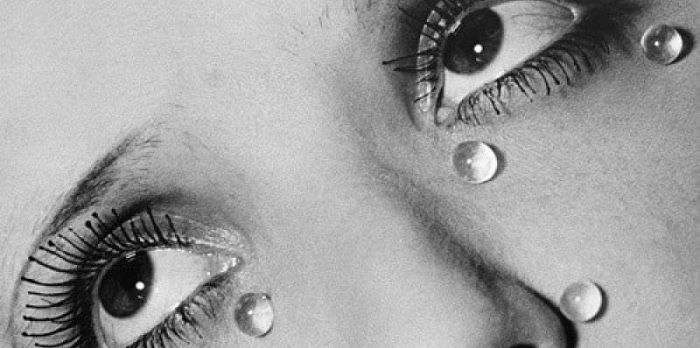
© Man Ray
16. David LaChapelle
David LaChapelle is an American commercial and fine art photographer. His photography references art history and religious scenes. And his work often conveys social messages.
His photographic style is “meticulously created in a high-gloss, color-popping, hyper-realistic style.” And it is considered “kitsch pop surrealism.” Seeing his iconic style, it is no surprise that a writer called him the “Fellini of photography.”
LaChapelle has worked for several international publications. His work has ended up in commercial galleries and institutions around the world.
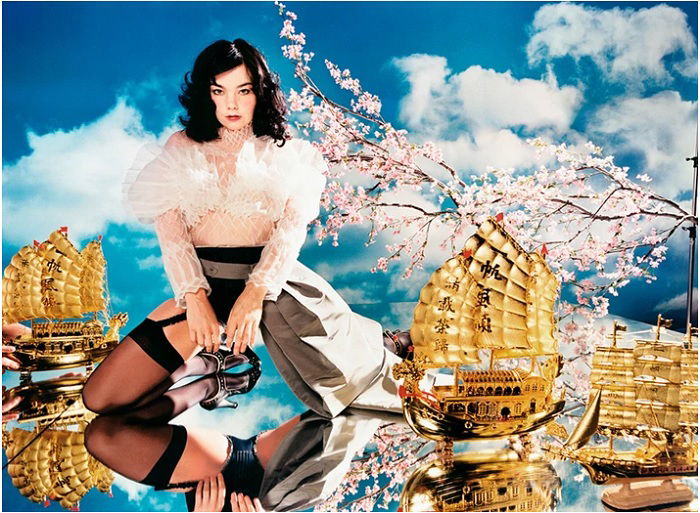
Bjork © David LaChapelle
17. Robert Capa
Robert Capa was a Hungarian war photographer and photojournalist. He was also the companion and professional partner of photographer Gerda Taro. Capa was a nickname (meaning shark in Hungarian). This was due to his up-close-and-personal style.
He was arguably the greatest combat and adventure photographer in history. Capa’s most notable work is about the Spanish Civil War. He was present with the first wave of soldiers during the D-Day landing in World War II. Only a few of his images survived.
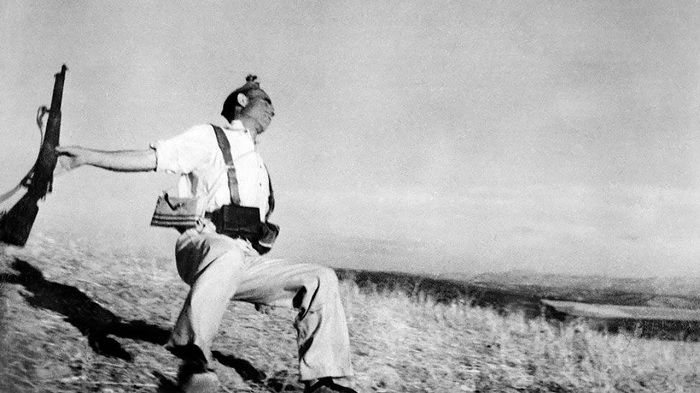
© Robert Capa
18. Don McCullin
Sir Donald McCullin is a British photojournalist well-known for his war photography and images of urban strife. He is a photojournalist without equal. He has documented the poverty of London's East End and the horrors of wars in Africa, Asia, and the Middle East.
McCullin’s career spans over six decades. He specializes in examining the underbelly of society. McCullin presents photographs that depict the unemployed, downtrodden, and impoverished. But he also creates beautiful still lifes, soulful portraits, and moving landscapes.
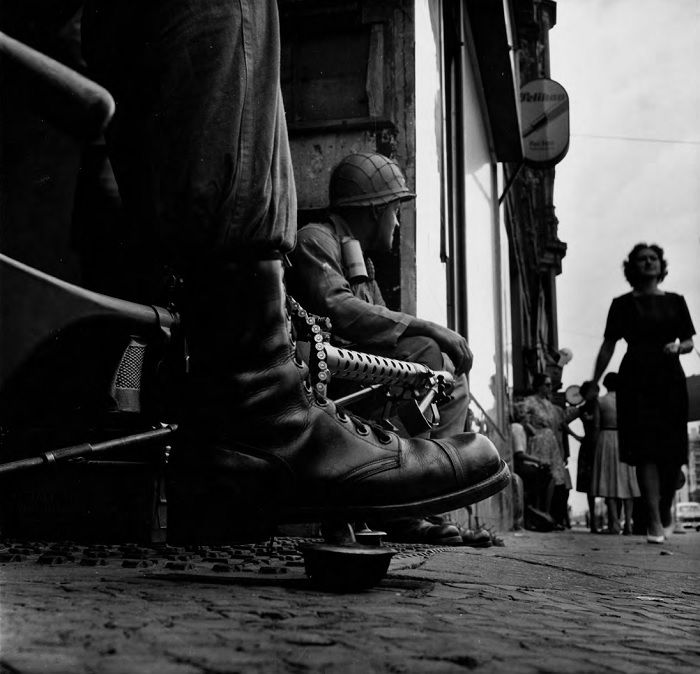
© Don McCullin
19. Edward Weston
Edward Weston was an influential American photographer of the 20th century. His career lasted for at least 40 years. Weston’s work is very diverse and innovative. He has photographed landscapes, nudes, portraits, and still life.
He spent part of his career capturing trees and rocks in California. Then he started to focus on portraits. In 1937, Weston was the first photographer to get a Guggenheim Fellowship. Using his 8 x 10 large format camera, he produced almost 1400 negatives over the years.
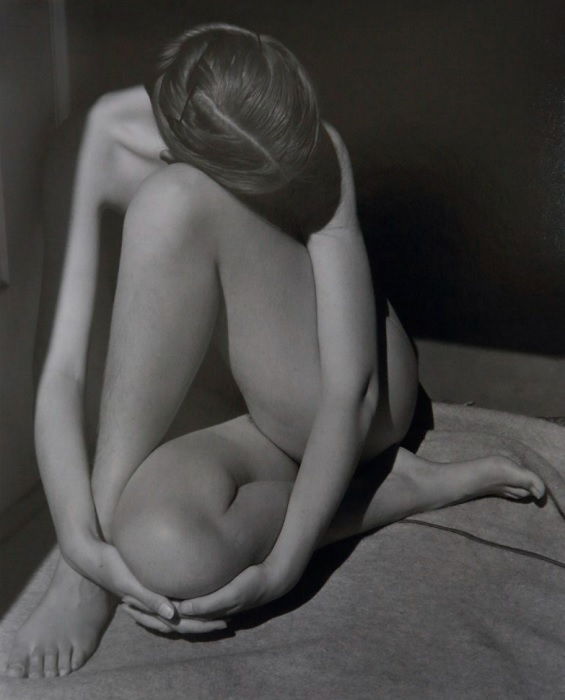
Nude © Edward Weston
20. Anne Geddes
Anne Geddes is an Australian-born photographer. But she currently lives and works in New York. She taught herself photography and became a professional when she was 30 years old. Her newborn baby pictures made her a world-famous photographer.
She has published books in 83 countries and has sold more than 18 million copies. In 1997, Cedco Publishing sold more than 1.8 million calendars and datebooks of her work.
Her debut book, Down in the Garden, reached the New York Times Bestseller List. Anne also created a philanthropic program. It raises awareness for child neglect and abuse.
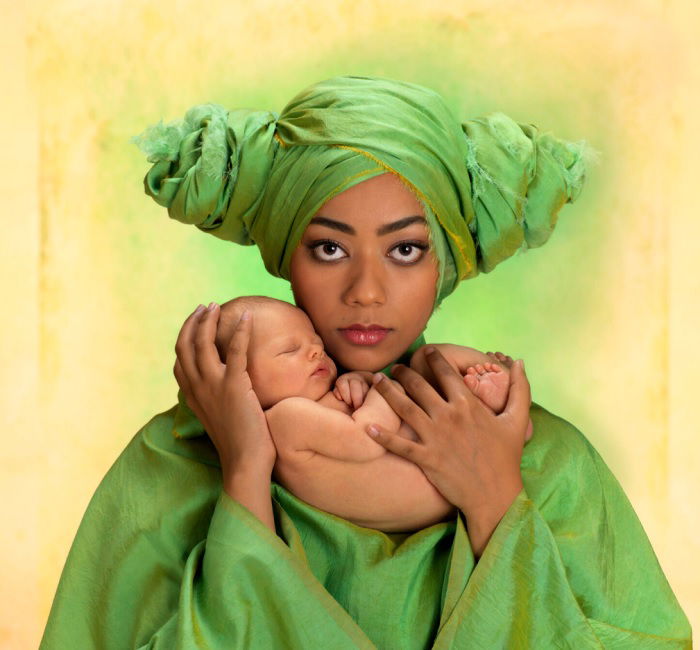
© Anne Geddes
21. Dorothea Lange
Dorothea Lange was an American documentary photographer and photojournalist. Her early work focused on photographing the social elite in a studio setting. Later, Lange’s work shifted direction and she started to take documentary photographs.
She focused on the consequences of the Great Depression. And she is best known for her work for the Farm Security Administration (FSA). Lange has greatly influenced the development of documentary photography to this day.
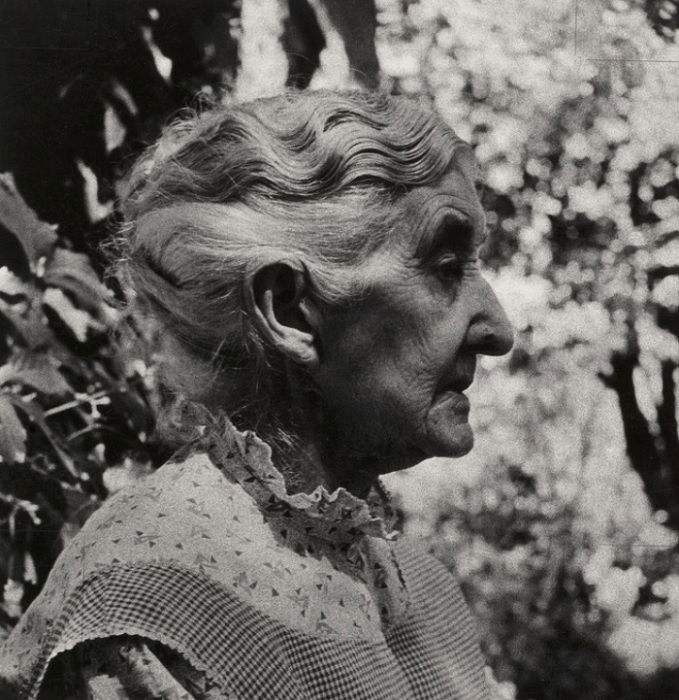
Maryann Savage © Dorothea Lange
22. Robert Doisneau
Robert Doisneau was a French photographer. He was a master of humanist photography. And he was influenced by Atget, Kertész, and Henri Cartier-Bresson.
In the 1930s, Doisneau captured the streets of Paris. He was famous for his modest, playful, and iconic images. Alongside Henri Cartier-Bresson, he was a pioneer of photojournalism.
His photographs make you stare for a long time because of their unique atmosphere. Doisneau’s words describe his art perfectly.”The marvels of daily life are so exciting… no movie director can arrange the unexpected that you find in the street.”
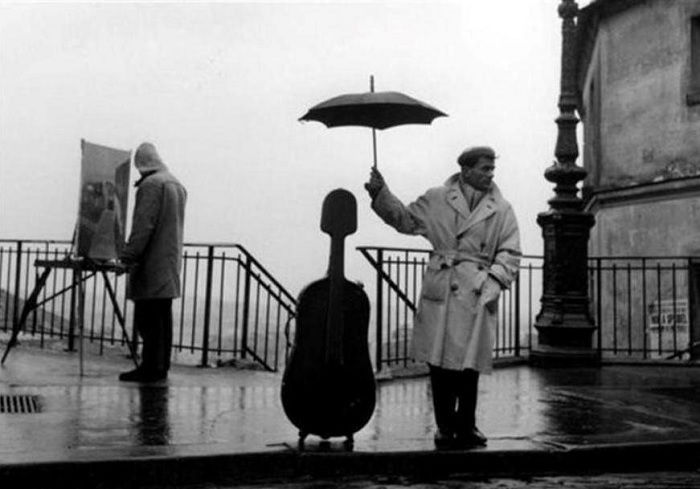
© Robert Doisneau
23. Mario Testino
Mario Testino Silva is a fashion and portrait photographer from Peru. His work found its way into magazines such as Vogue, V Magazine, Vanity Fair, and GQ. He has also taken pictures for brands such as Gucci, Chanel, and Estée Lauder.
Testino has also worked as a creative director and guest editor. He is also an art collector, museum founder, collaborator, and entrepreneur. The Observer described him as “the world’s most prolific magazine and fashion trade photographer.”
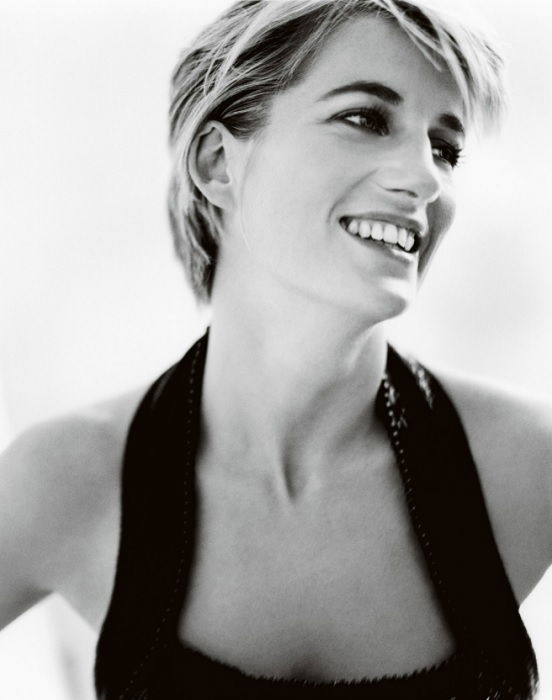
Princess Diana © Mario Testino
24. André Kertész
André Kertész was a Hungarian photographer. He created avant-garde photographic compositions. In the early years of his career, his unorthodox camera angles and style produced very powerful street photography.
Kertész never felt that he was recognized enough during his life. But today, many consider him one of the most significant figures of photojournalism.
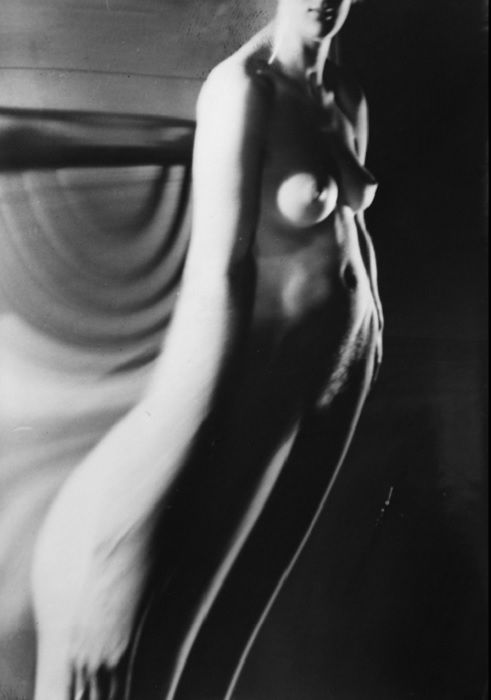
© Andre Kertesz
25. Andreas Gursky
Andreas Gursky is a German photographer. He also works as a professor at the Kunstakademie Düsseldorf, Germany. Gursky is famous for his large format architecture and landscape photographs. He often uses an elevated point of view.
Before the 1990s, he did not change his images digitally. Now, he relies on digital manipulation. It helps him create his style of straightforward, enigmatic, and deadpan photography.
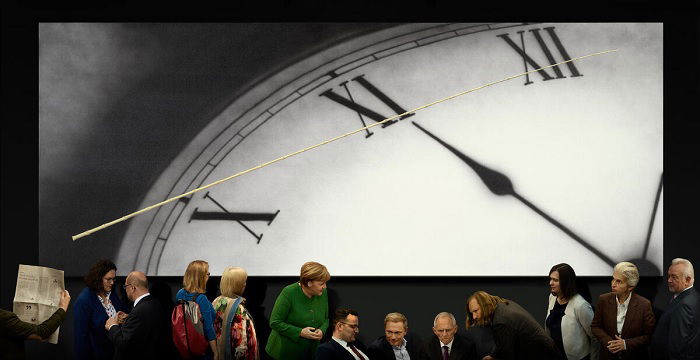
© Andreas Gursky
26. Robert Mapplethorpe
Robert Mapplethorpe was an American photographer. He was known for his approach to controversial subject matters. His highly stylized black-and-white images depict celebrity portraits and male and female nudes.
He also covered self-portraits and still-life images of flowers. But his most controversial work is about the underground BDSM scene. He documented this in the late 1960s and early 1970s in New York City.
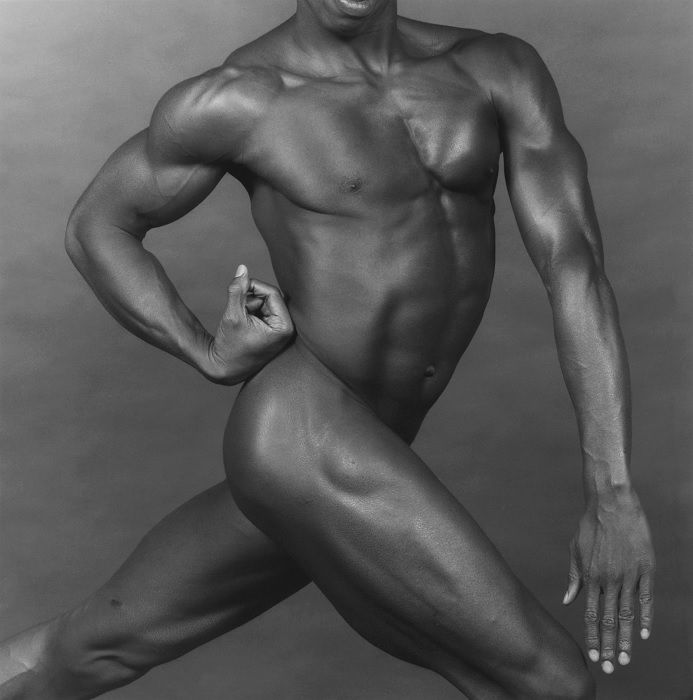
© Robert Mapplethorpe
27. Sebastião Salgado
Sebastião Salgado is a social documentary photographer, photojournalist, and environmental photographer. He is from Brazil. And he has traveled to more than 120 countries thanks to his photography assignments. His work appeared in countless press publications and books.
Salgado is a UNICEF Goodwill Ambassador. He documents the powerless and the poor. He also shoots nature photography and tries to find beauty in everything. Salgado has received many awards and honors:
- The W. Eugene Smith Memorial Fund Grant (1982)
- Foreign Honorary Membership of the American Academy of Arts and Sciences (1992)
- The Royal Photographic Society’s Centenary Medal and Honorary Fellowship (HonFRPS) in 1993
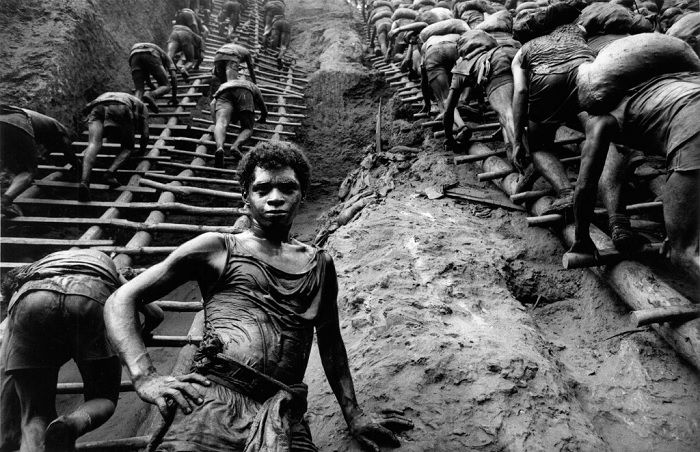
© Sebastiao Salgado
28. Brassaï
Brassaï was a Hungarian-French photographer who gained international fame in the 20th century. He was among the Hungarian artists who flourished in Paris between the World Wars.
His black-and-white street photography is both descriptive and even humorous. The streets were his canvas, and he found himself wandering them late at night. He was a master of photography composition. He learned this during his time studying painting and sculpture.
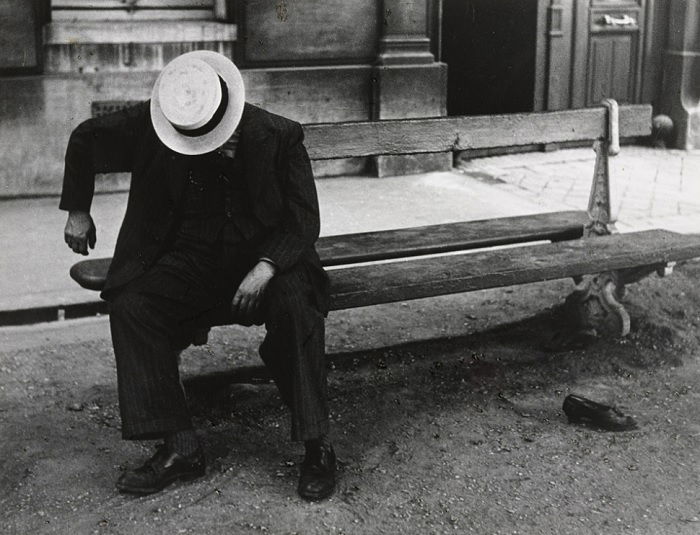
© Brassai
29. Mick Rock
Few photographers have a name that matches their chosen genre so perfectly as Mick Rock. But it’s not just a clever name that makes Rock worth taking note of. His work as a music photographer helped define the era when rock music dominated popular culture.
Mick covered all bases when it came to music photography, shooting concerts, promotional work, and album artwork. He also worked with some of the biggest bands and artists of all time, including Queen, David Bowie, Lou Reed, and Blondie.
Conclusion
We hope you’ve been inspired by our list of famous photographers. Perhaps they inspire you to try out a new photography style.
Try our Wow Factor Photography course to learn how to take breathtaking images!
